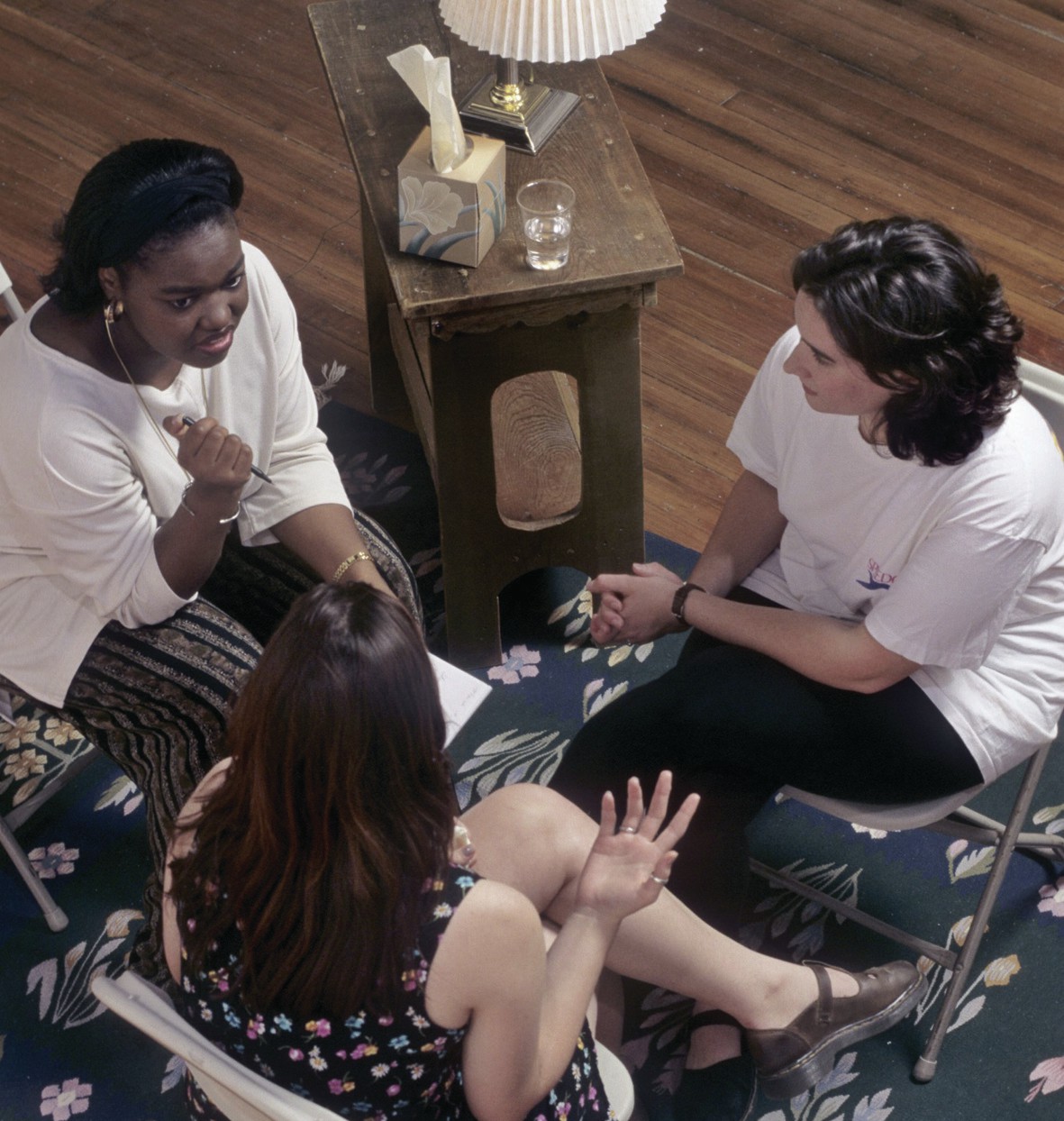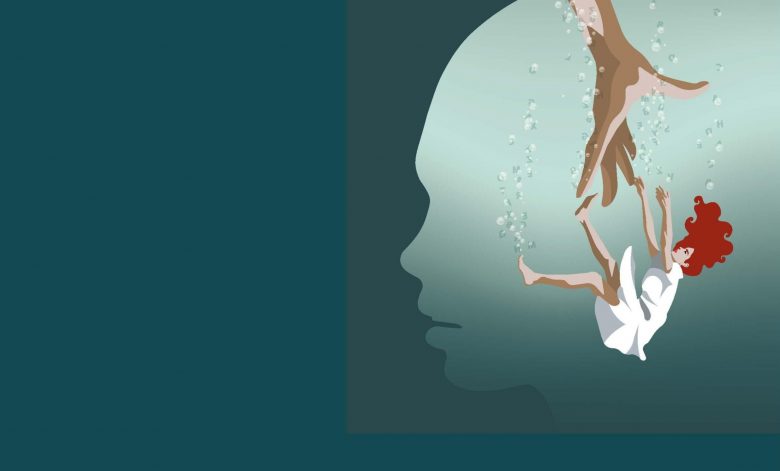
Having embarked on the study of psychology, you may be thinking that this is the career for you. Psychology remains one of the most popular subjects at A-level, and undergraduate entry into psychology degree courses shows no signs of abating. But what do psychologists do and how do you become one? There are many specialist branches of psychology and some related career paths, where a qualification in psychology would be extremely useful.
Becoming a psychologist begins with a psychology degree. Entry requirements for psychology degree courses vary from one institution to the next, but wherever you pick, the demand for places is likely to be greater than the number available. To gain a place on a psychology degree course, you need a minimum of two A-levels and four GCSE grades A–C (including maths and English).
Your organisation does not have access to this article.
Sign up today to give your students the edge they need to achieve their best grades with subject expertise
Subscribe



